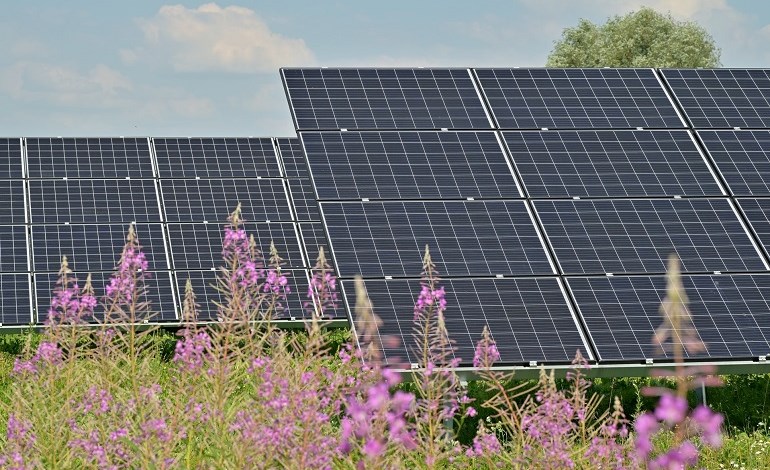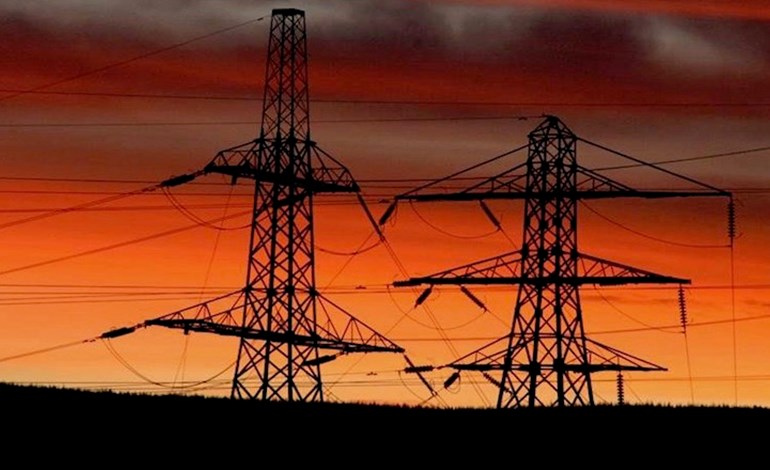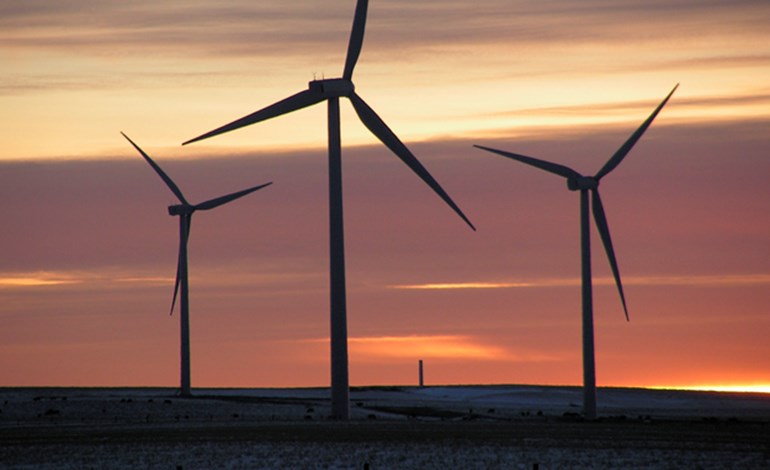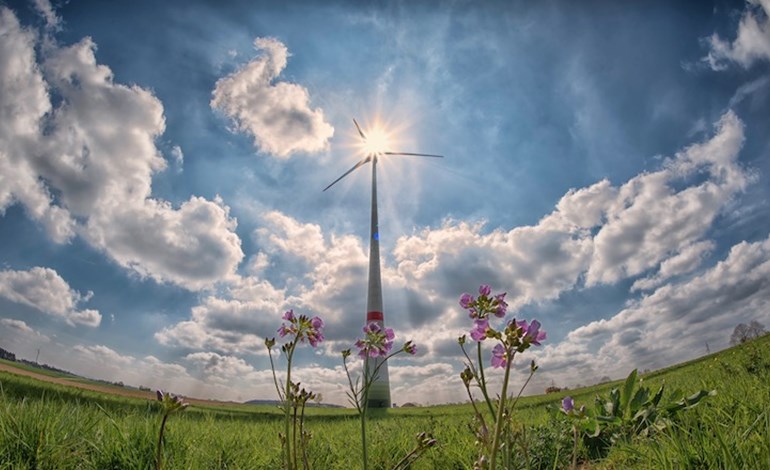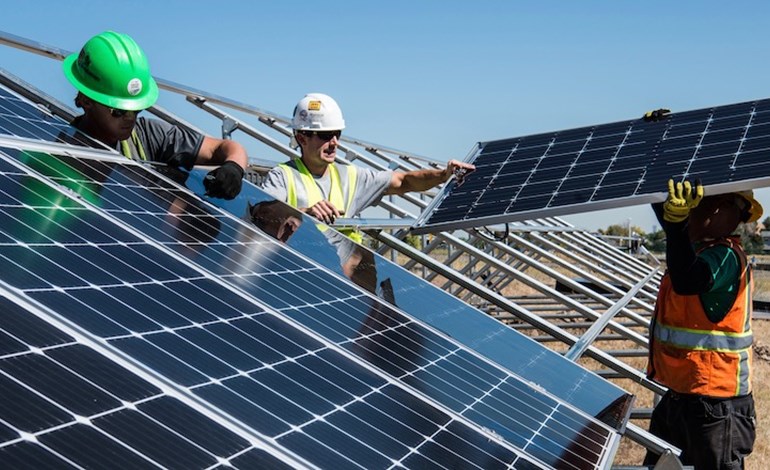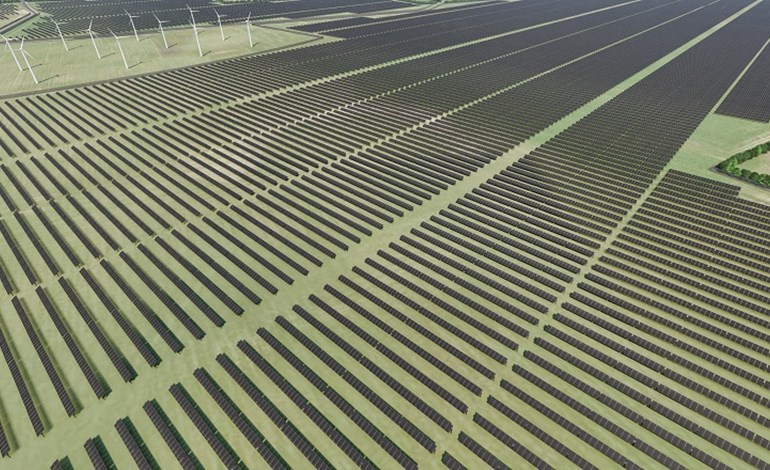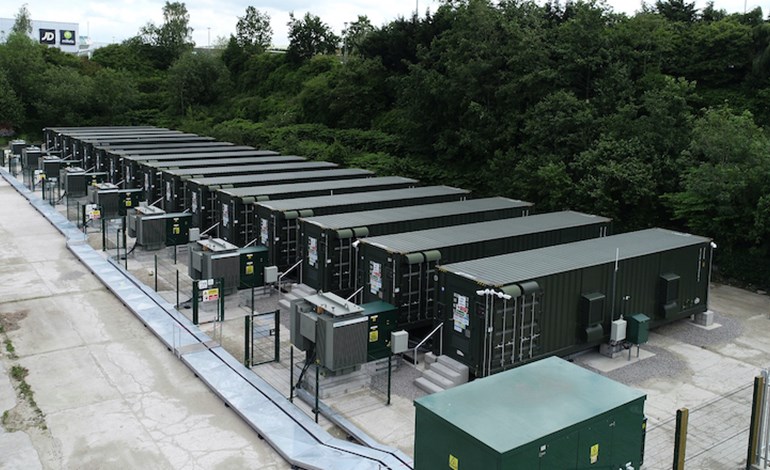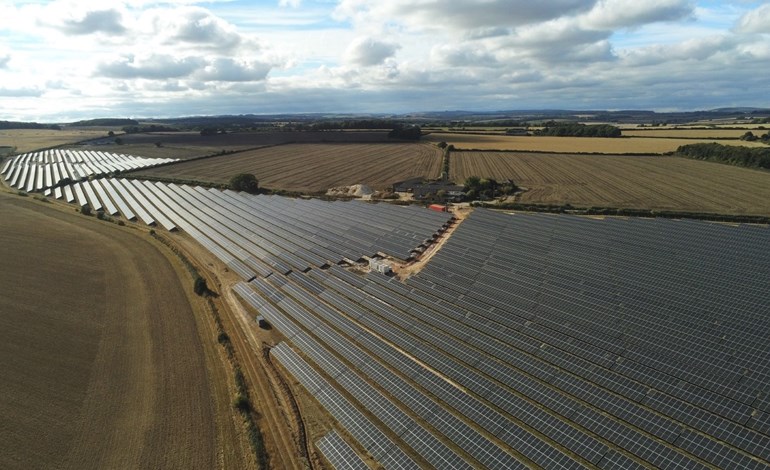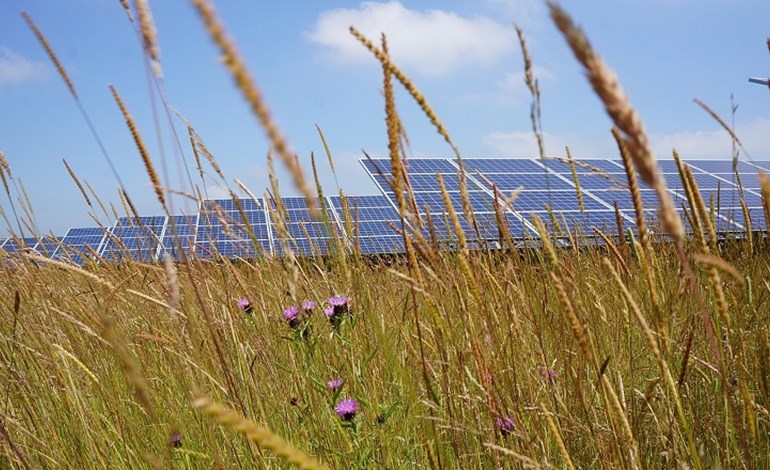Firma Energy and ib vogt UK have teamed up to develop the 150MW Dean Moor solar project in West Cumbria, England. Proposals for the scheme, progressed under the banner Firma Vogt Solar, include an additional 100MW battery energy storage system. Scoping plans for the Nationally Significant Infrastructure Project have been submitted to the Planning Inspectorate and public consultations are due to be held during the autumn.
The site is proposed for construction between Gilgarran and Branthwaite and could produce enough power to supply more than 50,000 typical households annually, the developers state. Firma Vogt Solar director Rufus Salter said: “We are dedicated to shaping a greener future and supporting the UK’s mission to achieve net zero emissions by 2050. “We firmly believe that solar energy, a clean and renewable resource, should play a key role in addressing the current energy challenges faced by the UK. “Dean Moor Solar Farm exemplifies our commitment in action, as it is set to play a significant role in advancing these important goals, creating a positive impact for both the environment and the country’s energy landscape.”
Credits: renews.biz [Image: Unplash/Andres Siimon]

